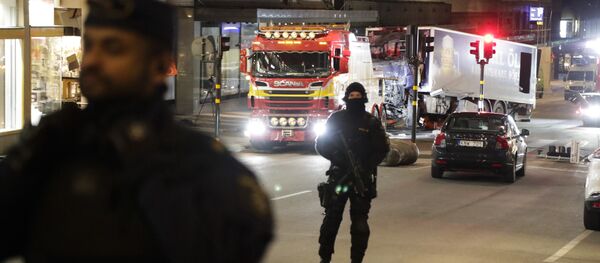SUPO Communications Department head Jyri Rantala reminded the Finnish newspaper Talouselämä that almost 80 people had left Finland to join the jihadi cause in Syria, about 20 of whom have since returned to Scandinavia. According to Rantala, it remains extremely difficult to identify and arrest individual suspects, since, for instance Daesh (ISIL/ISIS) specifically called on its supporters to avoid conducting attacks which require a long period of preparation.
Accordingly, SUPO argued that the authorities should be given broader rights to gather information in order to be able to effectively parry the terrorist threat. Later this week, a panel of experts will publish a proposition to extend the surveillance powers of SUPO and the Armed Forces, the Finnish daily Helsingin Sanomat reported.
So far, the public discussion has been focused on whether either of the Finnish authorities could spy on citizens' internet traffic if it extends beyond Finland's cyber borders. At present, neither SUPO nor the Armed Forces are entitled to gather information in this way. Unlike several European nations, such as Germany and the Netherlands, which already allow their intelligence services to copy confidential information in clandestine operations, this practice has never been implemented in Finland, Helsingin Sanomat said.
"These various international models have been used as part of the operations of the civilian intelligence working group," an enigmatic Kauko Aaltomaa from the Interior Ministry said, as quoted by Helsingin Sanomat.
Before the Stockholm attack, Finns were most afraid of an increase in the number of poor and disadvantaged people in Finnish society. After the truck attack, Finns are most afraid of random acts of violence and terrorist attacks.
Never miss a story again — sign up to our Telegram channel and we'll keep you up to speed!





